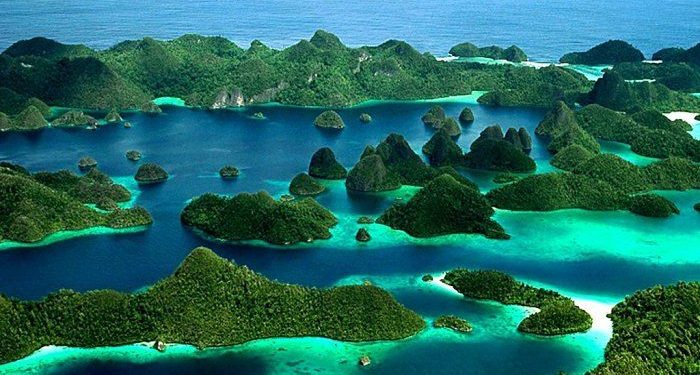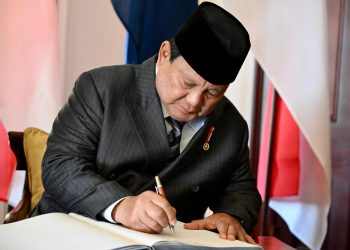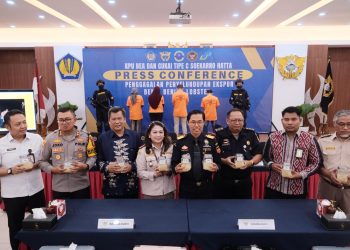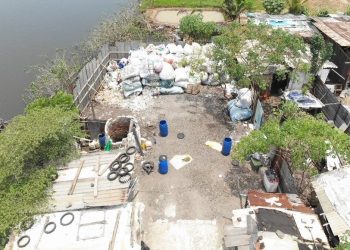Jakarta, Indonesia Sentinel — The Indonesian government has revealed that the vast majority of the country’s small islands, roughly 92.12%, have not been formally registered or certified. The country is home to 17,343 small islands, which account for nearly 99.78% of total island count in Indonesia.
The data was disclosed by Minister of Agrarian Affairs and Spatial Planning/National Land Agency (ATR/BPN) Nusron Wahid during a hearing with Commission II of the House of Representatives at the Parliament Complex in Jakarta on Tuesday (July 1, 2025).
“Only 1,349 small islands, or 7.77%, have been certified. Meanwhile, 15,977 remain uncertified,” Nusron stated. He added that 17 small islands are still unidentified.
According to Indonesian law, specifically Law No. 27 of 2007 as amended by Law No. 1 of 2024 a small island is defined as an island with a land area of less than 2,000 square kilometers, including its surrounding ecosystem.
Nusron outlined two primary reasons why many of these islands remain uncertified. First, a significant number are classified as forest areas, making them ineligible for land certification under forestry regulations. Second, some islands fall under the category of unclaimed state land, meaning they have not yet been subject to any formal ownership.
“Many of these are located in forest zones, which by regulation cannot be certified. Others fall into non-forest zones (APL), but if no one has claimed them, they are considered unregistered state land,” Nusron explained.
He noted that 7,413 of the islands (42.65%) are situated within designated forest zones, while 9,007 islands (51.8%) are covered under national spatial planning schemes.
Read Also:
Five Indonesian Islands Listed for Sale Online, Government Responds
The minister stressed the importance of legal certainty over land ownership in coastal and archipelagic regions, citing the need to protect both coastal communities and fragile ecosystems.
Nusron also reinforced Indonesia’s strict laws regarding land ownership, particularly in sensitive maritime and coastal areas. Land, especially land under the Right of Ownership certificate (SHM), may only be held by Indonesian citizens.
“Foreigners are not allowed to own land,” he said, citing the Basic Agrarian Law (UUPA) No. 5 of 1960. Even for property held under a Right to Build (HGB), legal ownership must be through an Indonesian legal entity and not a foreign corporation. This provision applies even in cases involving foreign investors.
(Raidi/Agung)


























